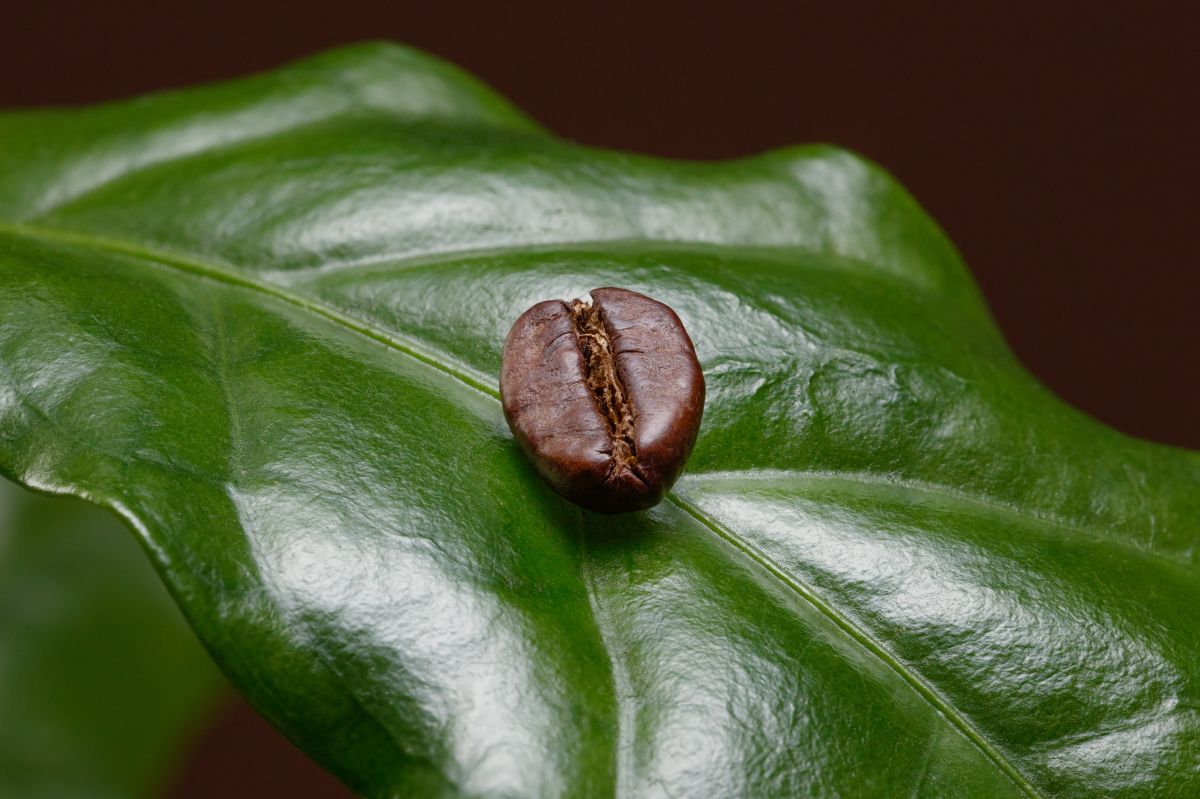What began more than a year ago, with the cultivation of about 150 coffee plants in a greenhouse on the UF campus in Gainesville, in North Florida, today is a scientific project that in the long term could make this state southerner a coffee producer.
The associate professor of the Department of Horticultural Sciences of the Institute of Agricultural and Food Sciences (IFAS) of the University of Florida (UF) and specialist in genetic improvement, Patricio Muñoz, indicates that they have in advance the data obtained by other researchers who have cultivated before experimental coffee plants in Florida with varying levels of success.
The research project, should the crops prosper, aims to genetically improve the most suitable varieties with the help of artificial intelligence (AI).
“We are planting in five different places and conditions: in the south, in the center, in the center-north, in pots and in systems with protected conditions such as a greenhouse,” says Muñoz, a collaborator of Felipe Ferrao, the main researcher.
“We have studied the minimum necessary conditions and many are met in Florida,” he adds.
A quality coffee with genetic modifications
Coffee production is mainly centered in tropical areas of the world, the climate crisis may have made Florida, which is further north, a favorable land for this crop, estimates the IFAS.
The main researcher of this project, Felipe Ferrao, in an article published on the university website, explains that they have “the laboratory experience for a complete genetic improvement of different varieties of coffee and UF has an artificial intelligence initiative underway. Coupled with our access to the HiPerGator supercomputer, we can take the lead in improving the production and taste of coffee.”
Regarding the seeds planted, EFE cites, they are of the Arabica and Robusta varieties and come from the Puerto Rico Coffee Roasters company, because coffee is grown successfully on the Caribbean island associated with the US.


The researcher’s estimates for the end of this year are encouraging, although he does not rule out the risks. “We should see some level of success or failure in every field by the end of this year.”
“Then the task will be to understand the behavior of the plant in these new conditions, the taste of what we can grow here and finally, perhaps most importantly, if it can be profitable as a crop,” adds Ferrao.
Genetic improvement to develop varieties that are perfectly adapted to Florida conditions will depend on whether the results in the first phase of this research are positive, indicates Muñoz.
When asked about the quality of the coffee that could be produced in Florida, he warns that it is still too early to answer that question, however, he stresses that defining what “quality” coffee is is “one of the most difficult parts in the production chain.
“It depends on many factors, including the species, variety, environmental conditions, transportation, post-harvest, preparation method, roasting, etc.”, he adds.
AI Enhanced Coffee


In another project that uses artificial intelligence, which Ferrao leads, research is being done to “predict and understand flavor preferences” in coffee.
“It is about identifying the chemical components of the type of coffee that is considered to have a good taste by a panel of tasters, who are automatically photographed while they try the different varieties in front of a computer,” quotes EFE.
The photographic samples are analyzed with AI by the HiPerGator supercomputer that evaluates facial expressions to “try to understand the chemical and genetic attributes that lead consumers to choose one variety over others.”
Research on flavor has to do with previous experiences in which to make fruits last longer there was “impairment of the flavor of fruits and vegetables.”
Keep reading:
. Colon cleansing naturally: water, homemade juices and food
. Learn the secrets of sea moss and its effects on weight loss
. The truth behind eating bread: its effect on abdominal inflammation
.
